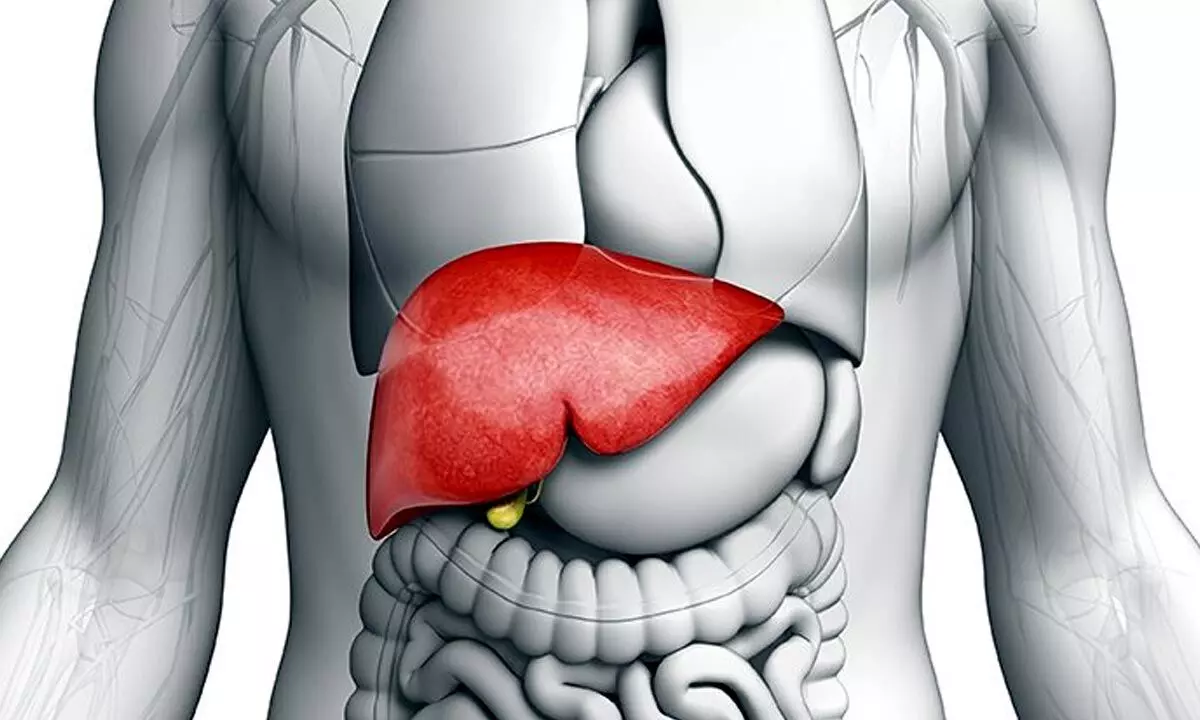Study Found 'Forever Chemical' Linked to Liver Cancer in Humans

(PIXOLOGICSTUDIO/Science Photo Library/Getty Images)
- A concerning new study has connected the ubiquitous "forever chemical" PFOS (perfluorooctanesulfonic acid) to human liver cancer.
- PFOS has now been linked to the development of a particularly fatal type of liver cancer
A concerning new study has connected the ubiquitous "forever chemical" PFOS (perfluorooctanesulfonic acid) to human liver cancer. After worries about its toxicity and environmental effects, PFOS—once a significant component in the water-repelling chemical known as Scotchguard—was finally phased out shortly after the turn of the century.
However, it wasn't given that the "forever chemical" for nothing, as environmental concentrations of this and closely related chemicals continue to be disturbingly high all over the world. According to a study conducted by scientists from the University of Southern California and the Icahn School of Medicine at Mount Sinai in the US, PFOS has now been linked to the development of a particularly fatal type of liver cancer
More than four out of five instances of liver cancer worldwide are hepatocellular carcinomas (HCC). It is also one of the most dangerous cancers any of us may have, with a five-year survival rate of fewer than 20%. Despite the fact that the overall incidence of HCC has decreased over the past ten years as a result of a decline in hepatitis infections, efforts to reduce cases may be thwarted by an increase in non-alcoholic fatty liver disease, a condition that is made worse by obesity and high cholesterol. We might now add tainted drinking water to that list of risk factors in light of studies like this new one.
Perfluoroalkyl substances (PFAS), which are long-chain synthetic compounds, are now well acknowledged to be particularly severe saboteurs of our body's hormone and hepatic systems. PFAS have been repeatedly banned in countries all around the world in recent years, but unfortunate damage may already have been done.
With half-lives of up to seven years, PFAS and PFOS, along with chemicals like perfluorooctanoate (PFOA) and perfluorohexane sulfonate (PFHxS), are slow to degrade in the environment. This implies that despite efforts to gradually reduce their manufacturing and replace their use in products ranging from firefighting foam to fabric protection to cosmetics, the current generation is nonetheless exposed to whatever was being dumped into waterways decades ago. and probably will for some time.
Researchers are now focusing on the issues of what may be regarded as a "safe" level of contamination because more than 98 percent of the adult US population has detectable concentrations of these substances in their blood. Studies on animals have clearly linked PFAS exposure to liver damage. However, a population-scale examination of exposure and disease risk was actually required.
The researchers examined 50 people's blood samples as part of a cooperation with the University of Hawaii called the Multiethnic Cohort Study to determine whether they had non-viral HCC. These were contrasted with a sample of blood drawn from 50 healthy participants that was precisely matched.
The researchers discovered a substantial correlation between PFOS and HCC by measuring levels of several PFAS in blood samples collected before the onset of liver cancer. The greatest evidence to date that humans are capable of absorbing harmful levels of these infamous compounds is that those with blood PFOS levels in the top 10% were 4.5 times more likely to develop HCC than those with lower blood PFOS levels.














